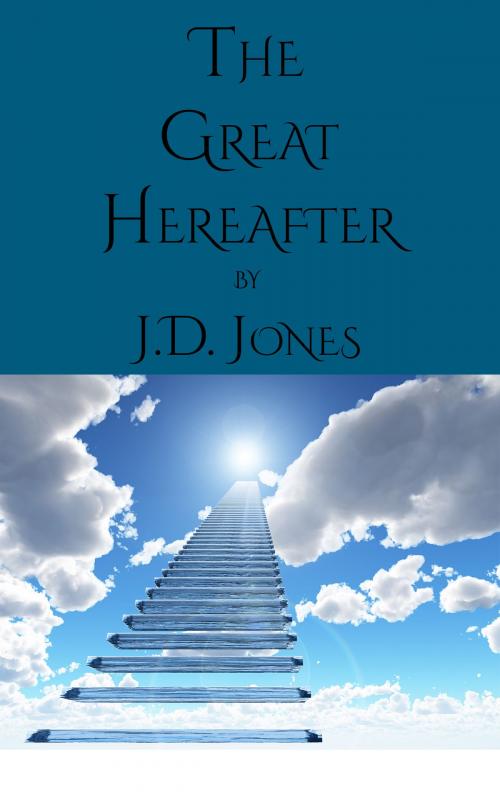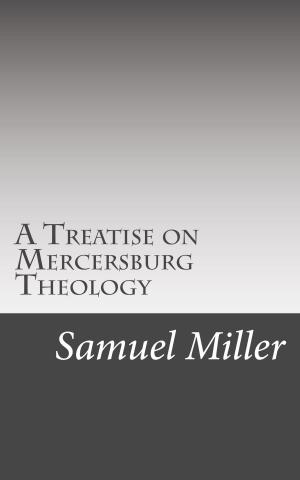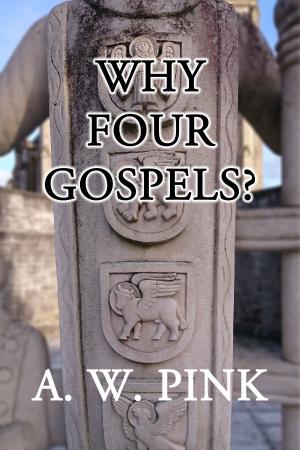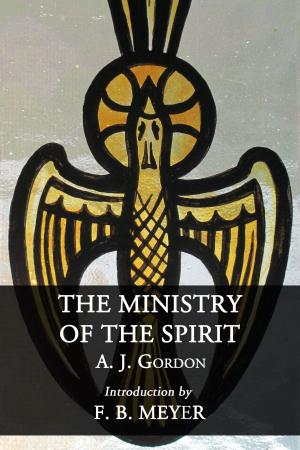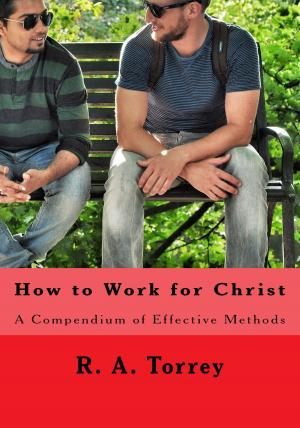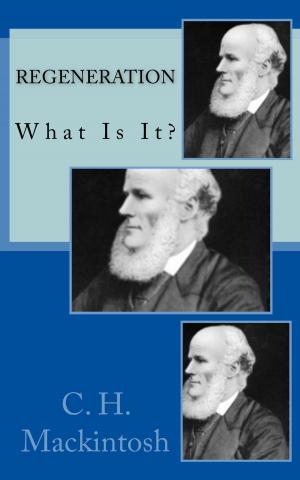The Great Hereafter
Questions Raised by the Great War Concerning the Destiny of our Dead
Nonfiction, Religion & Spirituality, Christianity| Author: | J. D. Jones | ISBN: | 1230001930269 |
| Publisher: | CrossReach Publications | Publication: | September 24, 2017 |
| Imprint: | Language: | English |
| Author: | J. D. Jones |
| ISBN: | 1230001930269 |
| Publisher: | CrossReach Publications |
| Publication: | September 24, 2017 |
| Imprint: | |
| Language: | English |
It is in the power of events to alter the perspective of our beliefs. A change of circumstances often results in a change of emphasis in our creeds. What was once background—only vaguely felt and understood—owing to some transformation of conditions, leaps suddenly into the foreground and becomes the most vital and urgent of all issues; and what was once foreground, recedes and fades into the background. On the printed page variations of type are often used to indicate the relative importance of paragraphs and sentences. The really important things are printed in large and bold type; the secondary, and comparatively unimportant things, are printed in small type. We do much the same sort of thing with our creeds. We have “large type” articles of faith, and we have “small type.” There are certain truths which we emphasize, and which are really potent and effective in our lives, and there are others which to a large extent we ignore and neglect. But the curious thing about our beliefs is this: we do not use the “large type” and the “small type” always in the same place. When a book is printed the emphasis is fixed and permanent. Large type remains large type, and small type remains small type, unless the plates are broken up and the whole book re-set. But in the case of our beliefs what was small type yesterday may be large type to-day, and what is large type to-day may be small type to-morrow. The emphasis varies with varying circumstances. Truths that the young neglect are the staff and stay of the old. Promises which mean little or nothing to the well and strong mean everything to the sick and dying. One does not expect youths to be always turning to the fourteenth chapter of St. John; but Margaret Ogilvie’s Testament opened of its own accord at the place where it is written, “Let not your heart be troubled.” And what changes of condition and circumstances do for us as individuals, these portentous times through which we are passing are doing for us as a people. We are not thinking of the same things as we were a year ago. New questions are claiming our attention. Neglected truths have been lifted into prominence. In face of the tragedy of these days, certain things that we had put into large print have been relegated to the obscurity of small type, while other things that we had put into small type are now printed for us in capital letters. Doctrines to which we had paid little or no heed now appeal to us as the most urgent and vital of all. And amongst the neglected truths which have thus shot into prominence and become of absorbing and passionate interest to us is that of the Hereafter, the Life Eternal and the Destiny of our Dead.
It is in the power of events to alter the perspective of our beliefs. A change of circumstances often results in a change of emphasis in our creeds. What was once background—only vaguely felt and understood—owing to some transformation of conditions, leaps suddenly into the foreground and becomes the most vital and urgent of all issues; and what was once foreground, recedes and fades into the background. On the printed page variations of type are often used to indicate the relative importance of paragraphs and sentences. The really important things are printed in large and bold type; the secondary, and comparatively unimportant things, are printed in small type. We do much the same sort of thing with our creeds. We have “large type” articles of faith, and we have “small type.” There are certain truths which we emphasize, and which are really potent and effective in our lives, and there are others which to a large extent we ignore and neglect. But the curious thing about our beliefs is this: we do not use the “large type” and the “small type” always in the same place. When a book is printed the emphasis is fixed and permanent. Large type remains large type, and small type remains small type, unless the plates are broken up and the whole book re-set. But in the case of our beliefs what was small type yesterday may be large type to-day, and what is large type to-day may be small type to-morrow. The emphasis varies with varying circumstances. Truths that the young neglect are the staff and stay of the old. Promises which mean little or nothing to the well and strong mean everything to the sick and dying. One does not expect youths to be always turning to the fourteenth chapter of St. John; but Margaret Ogilvie’s Testament opened of its own accord at the place where it is written, “Let not your heart be troubled.” And what changes of condition and circumstances do for us as individuals, these portentous times through which we are passing are doing for us as a people. We are not thinking of the same things as we were a year ago. New questions are claiming our attention. Neglected truths have been lifted into prominence. In face of the tragedy of these days, certain things that we had put into large print have been relegated to the obscurity of small type, while other things that we had put into small type are now printed for us in capital letters. Doctrines to which we had paid little or no heed now appeal to us as the most urgent and vital of all. And amongst the neglected truths which have thus shot into prominence and become of absorbing and passionate interest to us is that of the Hereafter, the Life Eternal and the Destiny of our Dead.
